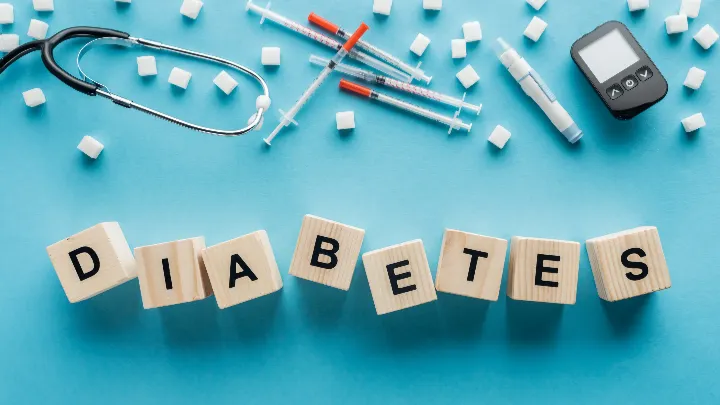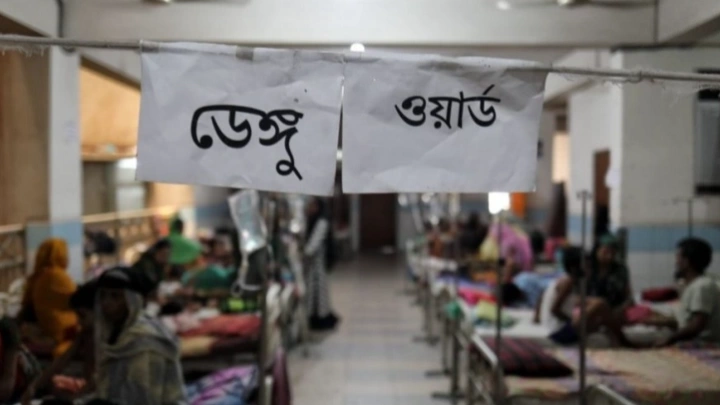Diabetes: 8 Less Common Diabetes Symptoms
NDTV || Shining BD
Diabetes is a chronic disease that affects how the body processes glucose (blood sugar). It occurs when the body does not produce enough insulin or cannot use the insulin it does produce effectively. Insulin is a hormone produced by the pancreas that aids in regulating blood sugar; without sufficient insulin or proper insulin administration, blood sugar levels can rise to dangerous levels.
This condition may go unnoticed due to a lack of knowledge or regular screenings. Observing any change in health is an essential step in preventing any disease. In addition to preventing diabetes or pre-diabetes, an early diagnosis can accelerate recovery. This article discusses some lesser-known diabetes symptoms.
diabetes symptoms that are less typical include:
1. blurry vision
Blurred vision can result from the eye's inability to focus properly due to high blood sugar levels in the body. The blood vessels in the retina are harmed in this condition, known as diabetic retinopathy.
2. Often urinating
One common indication of diabetes is frequent urination. Increased urination occurs as a result of the kidneys having to work harder to remove extra glucose from the bloodstream.
3. Dry skin and mouth
Dehydration brought on by high blood sugar levels can result in dry mouth and skin. Dehydration results from the body's attempt to flush out extra glucose through urine.
4. Slow healing
High blood sugar levels can slow down the body's natural healing process. This is because excess glucose can damage blood vessels and nerves, which impairs blood flow and reduces the body's ability to fight infections.
5. Numbness and tingling
Higher blood sugar levels can damage nerves, leading to a condition called diabetic neuropathy. This can cause numbness, tingling, and burning sensations in the hands, feet, and other body parts.
6. Fatigue and weakness
Diabetes can lead to fatigue and weakness due to low energy levels caused by excess glucose in the bloodstream. This can also be caused by poor sleep quality, which is common in diabetic patients.
7. Irritability and mood swings
High and low blood sugar levels can affect a person's mood, causing irritability, anxiety, and depression. This is because glucose is important for the proper functioning of the brain, and changes in glucose levels can lead to mood swings.
8. Increased hunger and thirst
High blood sugar levels can make a person feel hungry and thirsty all the time. This is because the body's cells are not receiving enough glucose, leading to hunger and thirst signals sent to the brain. This increase in hunger may further worsen your health if you regularly consume unhealthy food.
Make an appointment with a doctor as soon as possible if you have a few or more of these symptoms. A doctor can explain the condition to you and suggest treatments. Medication may be recommended by a physician. In addition to this, you can alter your diet and lifestyle to improve your health. You can manage your diabetes more effectively by getting regular health checks.
Shining BD






















